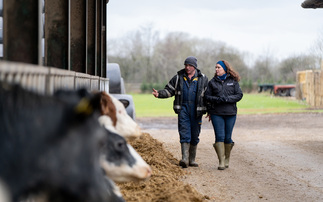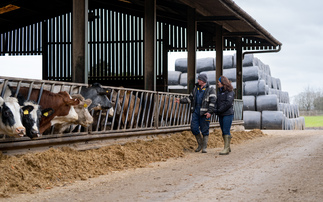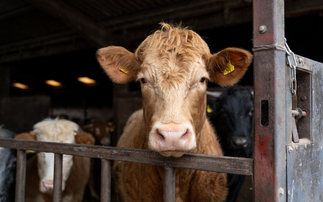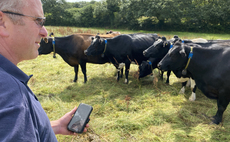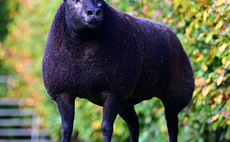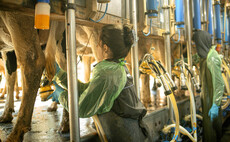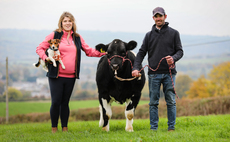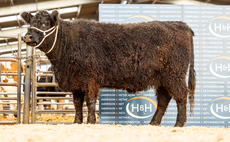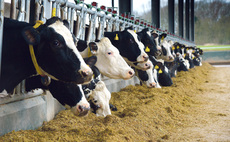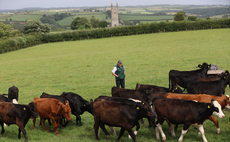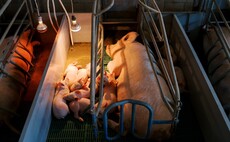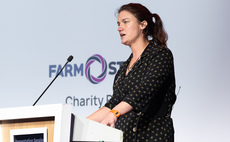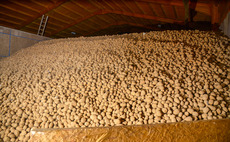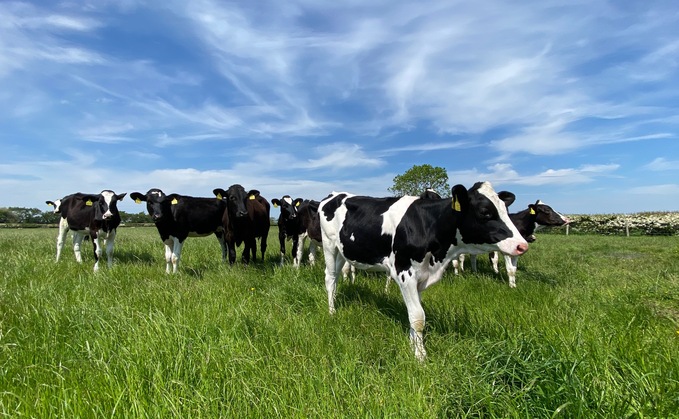
Producers should pay close attention to youngstock, particularly calves and heifers in their first grazing season, even if they were vaccinated before turnout.
Vaccine-derived immunity to lungworm can wane over the season and can be overcome when cattle are faced with a high lungworm challenge. Be alert to any signs of coughing in all ages of cattle.
Adult cows can still be affected where immunity has not been ‘topped up' during the grazing season. Often the most obvious sign of a lungworm infection is a deep, harsh cough, and in some cases, laboured breathing.
Affected animals may also experience a rapid loss in body condition, and in dairy cows, a sudden drop in milk production. They may also be observed resting more frequently and eating and drinking less than normal.
Rapid diagnosis and treatment is necessary to prevent long-lasting damage to lung tissue and subsequent lifetime production losses.
The whole herd or group must be treated, ideally with an anthelmintic which offers prolonged activity against lungworm and prevents reinfection to help the lungs recover.
Anthelmintics with a zeromilk withhold period, such as , can allow lactating dairy cows to be treated for lungworm, without the loss of milk sales
���ʸ��������® Pour-On for beef and dairy cattle contains eprinomectin. POM-VPS. Advice should be sought from the prescriber. Further information available in the SPC or from Boehringer Ingelheim Animal Health UK Ltd, RG12 8YS, UK. Tel: 01344 746957. Email: [email protected]. ���ʸ��������® and the Steerhead® logo are registered trademarks of Boehringer Ingelheim Animal Health France SCS, used under licence. ©2023 Boehringer Ingelheim Animal Health UK Ltd. All rights reserved. Date of preparation: Jul 2023. UI-BOV-0091-2023. Use medicines responsibly
|
|
EPRINEX��the first dairy and beef eprinomectin wormer with zero-milk withhold was launched over 21 years ago. Market-leading beef and dairy wormer. |






